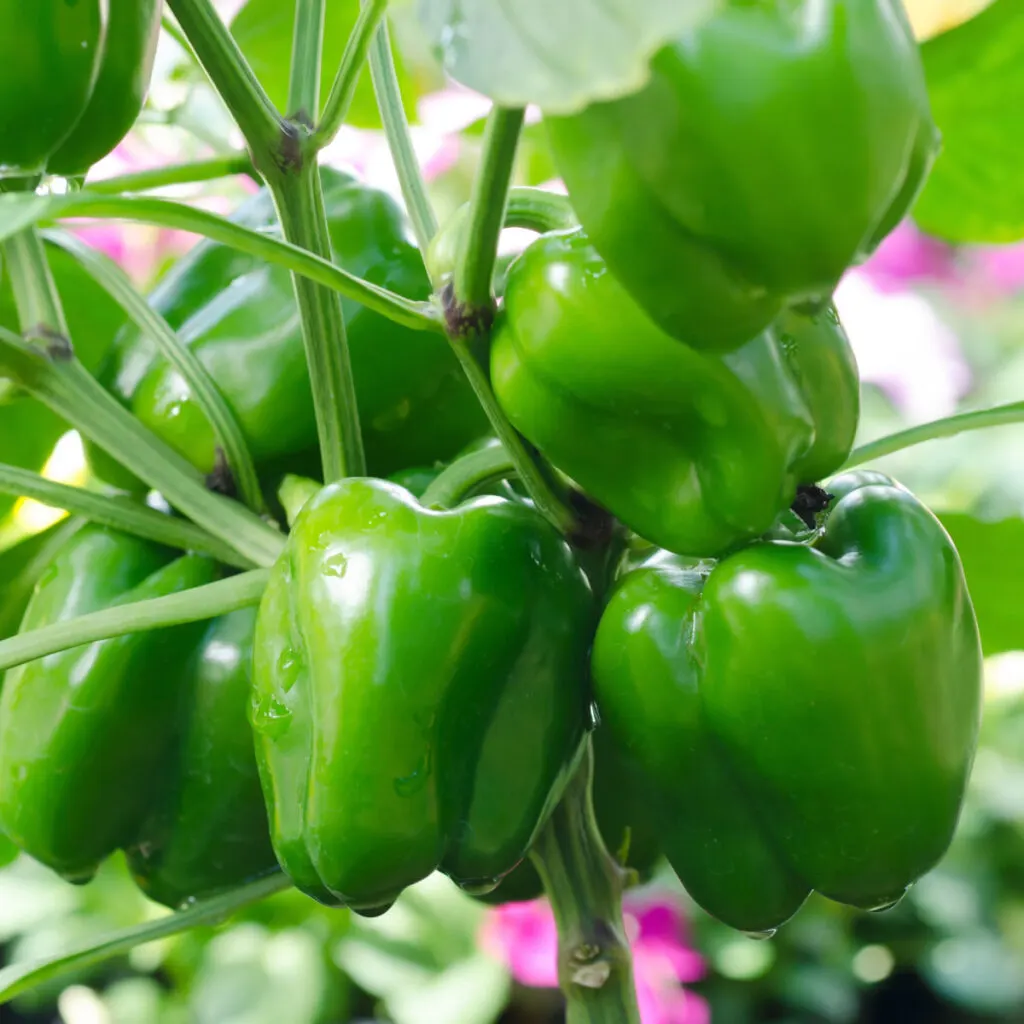Uncover the Best Fertilizers for Peppers: Necessary Nutrients for Prospering Plants
Uncover the Best Fertilizers for Peppers: Necessary Nutrients for Prospering Plants
Blog Article
How Fertilizers Play an Essential Role in Cultivating Healthy And Balanced and Abundant Pepper Crops
Fertilizers serve as the backbone of successful pepper farming, providing a critical method to nurturing the soil and fostering ideal plant growth. The complex dancing in between essential nutrients and the pepper plants' physical processes underscores the crucial role that plant foods play in making certain an abundant harvest.
Value of Nutrient-Rich Fertilizers
The application of nutrient-rich fertilizers plays an essential duty in enhancing the productivity and quality of pepper plants in modern-day farming techniques. Potassium, phosphorus, and nitrogen are key nutrients that are essential for the development and growth of pepper plants.
Insufficient levels of these nutrients can result in stunted development, lowered returns, and vulnerability to diseases (best fertilizers for peppers). Nutrient-rich fertilizers provide a targeted service to make sure that pepper plants obtain the essential elements for ideal development and productivity. Additionally, these fertilizers assist improve soil fertility in time, producing a sustainable setting for long-term pepper cultivation
Enhancing Plant Development and Growth
To maximize plant growth and development in pepper crops, strategic application of nutrient-rich plant foods is essential. Fertilizers play an essential role in enhancing the total wellness and performance of pepper plants by giving them with important nutrients that may be lacking in the soil. Nitrogen, phosphorus, and potassium are main macronutrients called for in big quantities by peppers for robust development. Nitrogen aids in leafy green development and total plant vigor, phosphorus supports root growth and blossom development, while potassium contributes to disease resistance and fruit quality.
Along with these macronutrients, trace elements such as zinc, iron, and magnesium are likewise essential for the proper functioning of numerous plant processes. Iron, as an example, is needed for chlorophyll manufacturing, which is vital for photosynthesis and total plant development. Zinc plays a critical function in enzyme activity and hormone synthesis, affecting plant development and development at a mobile level. Magnesium is vital for the formation of chlorophyll and overall energy transfer within the plant.

Boosting Illness Resistance With Plant Foods
By purposefully incorporating targeted plant foods, farmers can strengthen the disease resistance of pepper crops, making sure optimal plant health and wellness and performance. Fertilizers having crucial nutrients like potassium, nitrogen, and phosphorus play an essential function in reinforcing pepper plants' body immune systems, making them more resilient to different conditions. Nitrogen, for example, aids in the production of healthy proteins that are vital for plant defense reaction. Phosphorus contributes to root growth, allowing plants to much better soak up nutrients and water, hence enhancing their capacity to repel illness. Potassium regulates processes that boost total plant wellness, making peppers more robust against pathogens.

Maximizing Pepper Return Through Fertilization
Utilizing a balanced fertilizing strategy is key to accomplishing optimum pepper yield and guaranteeing ideal plant efficiency. By giving peppers with the right nutrients at the appropriate time, farmers can substantially boost their return potential. Nitrogen, phosphorus, and potassium are necessary elements for pepper growth, with nitrogen aiding in fallen leave and stem growth, phosphorus supporting origin growth and flower formation, and potassium promoting overall plant wellness.
To make the most of pepper yield, it is important to conduct dirt examinations to establish existing vitamins and mineral levels and identify any deficiencies that need to be attended to. Based on these outcomes, farmers can establish a customized fertilizing plan that fulfills the certain demands of their pepper crops. In addition, appropriate fertilization methods such as split applications throughout the expanding season can guarantee constant vitamins and mineral accessibility for the plants.

Sustainable Fertilizer Practices for Peppers
In thinking about sustainable plant food techniques for peppers, it is essential to focus on lasting dirt health and environmental stewardship in conjunction with making the most of crop efficiency. One key approach is the usage of organic plant foods such as garden compost, manure, or cover crops, which not just supply necessary nutrients to the peppers however also add to dirt structure and microbial task. best fertilizers for peppers.
Furthermore, accuracy farming methods, such as soil testing and targeted nutrient applications, can assist enhance plant food use, visit making sure that peppers get the nutrients they require without excess runoff right into rivers. This not just profits the setting by lowering contamination but additionally conserves expenses for farmers by reducing waste. By adopting lasting fertilizer techniques, pepper cultivators can safeguard find the wellness of their plants, dirt, and bordering ecological communities for future generations.
Final Thought
In conclusion, fertilizers are essential for growing healthy and abundant pepper crops. best fertilizers for peppers. They give required nutrients for plant development and development, boost illness resistance, and make best use of yield. By applying sustainable fertilizer techniques, farmers can guarantee the long-lasting health of their pepper crops and add to an extra efficient and environmentally-friendly agricultural system
The detailed dance between necessary nutrients and the pepper plants' physical processes highlights the crucial role that fertilizers play in ensuring an abundant harvest.To optimize plant development and growth in pepper crops, critical application of nutrient-rich fertilizers is necessary. Fertilizers play a critical duty in enhancing the total wellness and productivity of pepper plants by providing them with vital nutrients that may be lacking in the dirt.By strategically including targeted fertilizers, farmers can strengthen the illness resistance of pepper plants, making sure optimal plant wellness and performance. Plant foods including crucial nutrients like phosphorus, potassium, and nitrogen play a crucial function in enhancing pepper plants' immune systems, making them much more resilient to numerous conditions.
Report this page